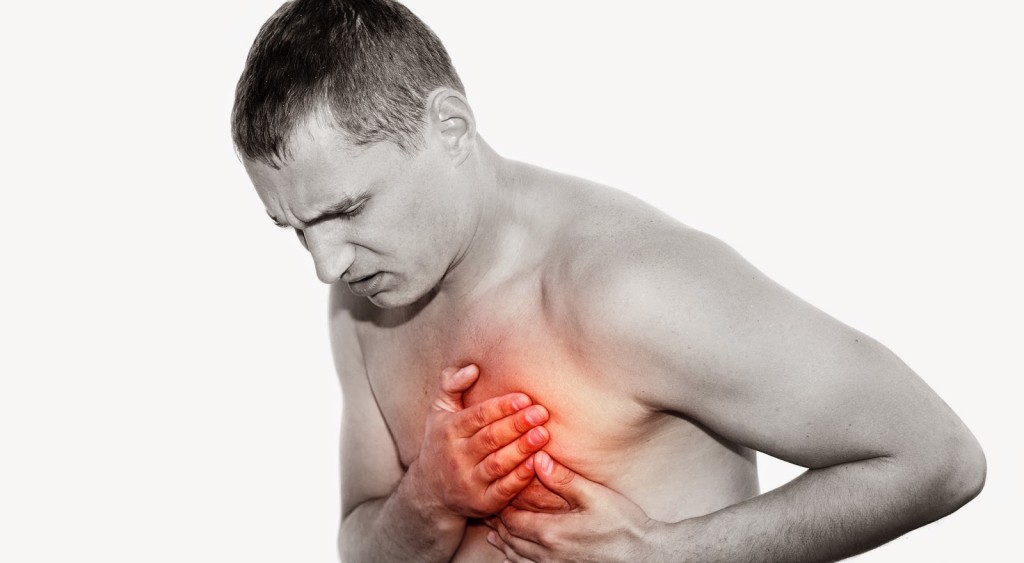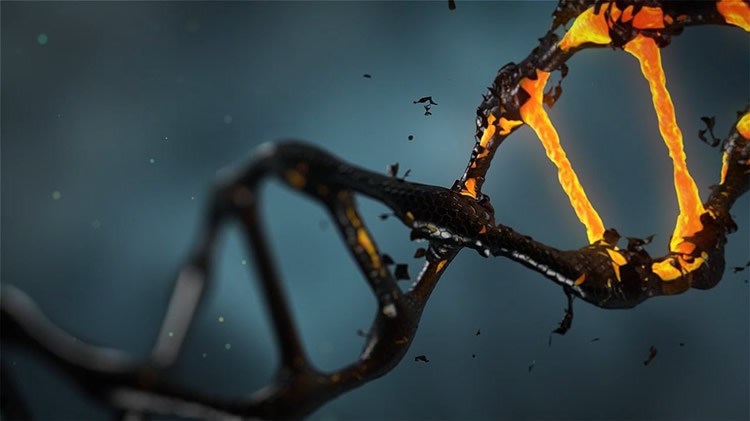Scientists have shown how alcohol damages DNA in stem cells, helping to explain why drinking increases your risk of cancer, according to research part-funded by Cancer Research UK and published in Nature today. Much previous research looking at the precise ways in which alcohol causes cancer has been done in cell cultures. But in this study, researchers have used mice to show how alcohol exposure leads to permanent genetic damage. Scientists at the MRC Laboratory of Molecular Biology, Cambridge, gave diluted alcohol, chemically known as ethanol, to mice. They then used chromosome…
Read MoreCategory: Health
Erectile Dysfunction Is Red Flag For Silent Early Cardiovascular Disease
Despite decades long prevention and treatment efforts, cardiovascular (CV) disease continues to be the leading cause of death worldwide. Early detection of CV disease can allow for interventions to prevent heart attack and stroke, including smoking cessation, medications such as a statins, blood pressure control, weight management, exercise, and improved diet. A new study published online first today in the journal Vascular Medicine, focuses on a novel risk factor for cardiovascular disease that rarely receives attention — erectile dysfunction. In addition to being an important health and quality of life issue…
Read MoreBeneficial Effects Of Estrogen Treatment In Multiple Sclerosis
A study by UCLA researchers reveals the cellular basis for how the hormone estrogen protects against damage to the central nervous system in people with multiple sclerosis (MS). The researchers found that estrogen treatment exerts positive effects on two types of cells during disease — immune cells in the brain and also cells called oligodendrocytes. Complementary actions on these two types provide protection from disease. Multiple sclerosis is a chronic autoimmune, neurodegenerative disease marked by visual impairment, weakness and sensory loss, as well as cognitive decline. These symptoms emerge when…
Read MoreCancer Overrides the Circadian Clock to Survive
Tumor cells use the unfolded protein response to alter circadian rhythm, which contributes to more tumor growth, Hollings Cancer Center researchers at the Medical University of South Carolina (MUSC) find. A key part of the circadian clock opposes this process, according to a paper published online Dec. 11 in Nature Cell Biology. For tumors to grow and spread, cancer cells must make larger than normal amounts of nucleic acids and protein, so they can replicate themselves. Yet in both normal and cancer cells that increase their synthesis of protein, a…
Read More6 Ways To Get Rid Of Blackheads And Prevent Them From Coming Back
Blackheads. Just the word itself gets people riled up. If you suffer from them, you’ve likely been fighting a never-ending battle. There’s a slew of products out there that claim to banish blackheads, but which method is really the best? (You may be thinking you already know the most obvious and fastest way to get rid of them: Just extract with your fingers. Yeah, don’t do that.) With the help of a few pros, we gathered the six best ways to get rid of and prevent blackheads — a mix of home…
Read More




